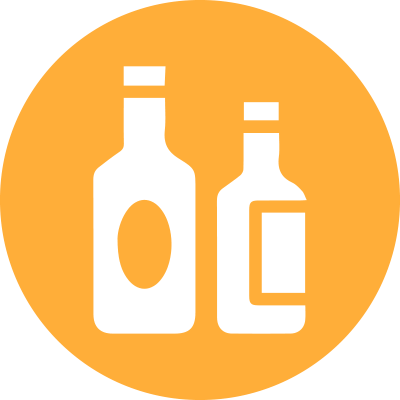Alcohol and drug-related traffic offenses, commonly known as driving while intoxicated (DWI), are frequently prosecuted criminal offenses in Texas. They are also subject to administrative penalties. If the alcohol concentration in a person’s blood, breath, or urine is .08 percent or higher, the person is considered intoxicated by law.
Driving While Intoxicated (DWI)
Anyone who receives a Driving While Intoxicated citation (DWI) should be aware of the gravity of the charge. Please remember that just because you have been arrested for a DWI in Texas, it doesn’t mean you are guilty; and, being arrested for the crime of DWI is only the beginning of a long process. Being charged with the crime does not determine the final outcome. To have the best chance of a positive outcome it is necessary to get an experienced attorney to help you properly navigate your way through the legal process and protect your rights. You should seek out a Houston attorney who focuses on handling DWI defense cases, because if you are found guilty of a DWI, there can be very serious consequences.
DWI License Suspension
WARNING: YOU ONLY HAVE 15 DAYS from the date of your arrest for DWI in Texas to request a hearing about your driver’s license. If you do not, your driver’s license will be automatically suspended.
First DWI Offense
If you are facing your first DWI, it is critical to fight the charges. Not only are you facing steep fines and time in jail, but also once you have been convicted of a DWI subsequent DWIs will carry stricter penalties and even prison time.
Second DWI Offense
A second DWI offense is a Class A Misdemeanor. While not a felony charge, potential penalties for a second DWI offense are severe. Compared to a first DWI, fines are doubled and the risk of jail time, particularly maximum sentencing, is much higher.
If convicted, you face a fine of up to $4,000 and possible jail time of at least 30 days and up to one year. Your license could be suspended anywhere from 180 days to two years. While you may be eligible for community supervision, there is a possibility you will be required to serve time in jail as a condition of your probation.
A second DWI offense in Houston may also warrant the completion of a DWI intervention education program or the installation of an ignition interlocking device. That event of drinking and driving could impact your life for years to come.
Public Intoxication (PI)
If you have been arrested for public intoxication, you need to take the charges seriously and contact an experienced criminal defense lawyer. While Texas’ laws for punishing those who are found drunk in public are considerably more relaxed than other states, sometimes people overdo it and go from having a good time to being a danger to themselves and/or the safety of others.
Under the Texas Penal Code, it is considered a misdemeanor if an individual is found drunk in public to the point where he or she may endanger him or herself, or endanger the physical safety of another person. Legal intoxication is defined as having a blood-alcohol content percentage of 0.08 or above. Public places are areas where anyone has access, such as parks, schools, or hospitals. A restaurant or bar, where a vendor has a legal license to sell alcohol, is also considered a public area.
While you might think public intoxication charges are relatively minor, the consequences of a criminal conviction can significantly affect future prospects because it may raise concerns you are dangerous to yourself or others.
Minor in Possession (MIP)
A charge of Possession of Alcohol by a Minor, also known as an MIP, is a Class C misdemeanor in Texas. The charge means a minor, who in this case is a person under the age of 21, was given a citation for being illegally in possession, ownership, or control of an alcoholic beverage. Technically, the term “minor in possession” is incorrect. Why? Anyone under the age of 21 can be charged. Therefore, individuals between the ages of 18 and 20 may still be charged with an MIP—even though they aren’t technically minors under any other law.
If you are under 21 years of age and charged with an MIP, you will be charged under Section 106.071 of the Texas Alcoholic Beverage Code. You may face suspension of your driver’s license and may even be barred from getting a learning permit. For a first offense, you may face fines of more than $250 but less than $500. You will also likely need to take an alcohol education class and complete community service.
Minors under the age of 21 who are not children and have been found guilty of an MIP may face a Class B misdemeanor if they have two past convictions for the same offense. This can mean fines of up to $2,000, as well as up to 180 days in jail.
Constructive Possession
In Texas, a minor may be charged with MIP if he/she is in a situation that might suggest alcohol is being consumed, even if the minor is not actually in possession of alcohol. This is called “constructive possession.” For instance, constructive possession might include a situation in which a minor is found holding a can of beer for a friend. Additionally, a minor might receive a citation for clearing a table of beer cans after a party or sitting at a table where a pitcher of beer has been placed.
Houston DWI Defense Lawyer
Don’t lose more time or money than you absolutely must. If you are facing a DWI offense or other alcohol related misdemeanor charge, contact James Rubin immediately. Acting now will give you the best chance for an aggressive defense strategy. For immediate help contact a Texas DWI Attorney.

 Intoxication Related Crimes
Intoxication Related Crimes